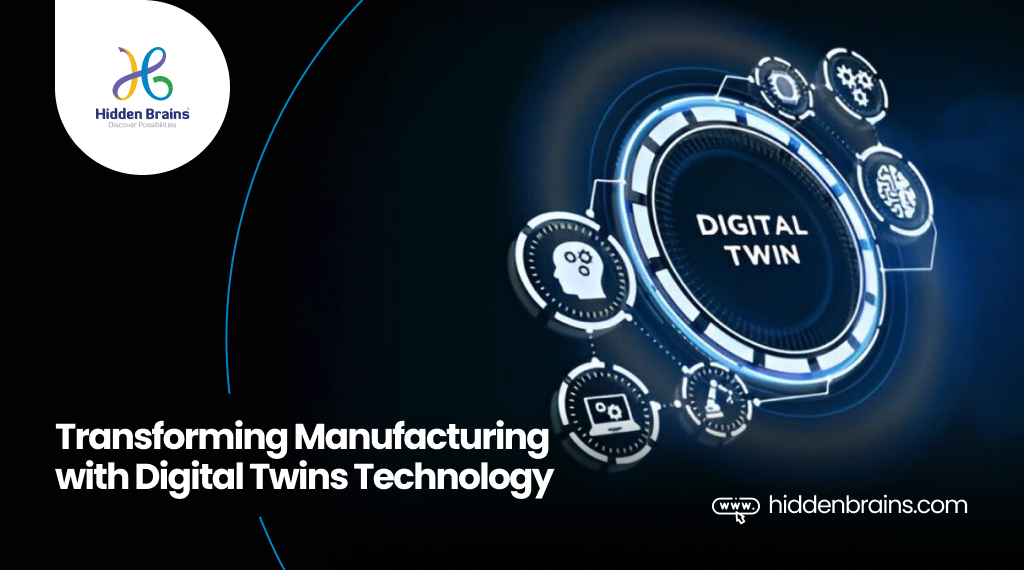
Several industries continue to grapple with challenges due to rapidly changing technological innovation, there are signs that the industry’s traditional business model will give way to a radical shift. With cars now becoming increasingly connected to the internet besides being integrated with advanced computing power right from pollution avoidance, safety features, to entertainment and satellite navigation, industry experts are hopeful that the future of the automotive industry will belong to businesses that operate like technology companies.
Microsoft Technology Solutions is driving the disruptive influence of staying connected in changing the face of business in traditional industries such as automotive. Sky-high real-estate costs, expensive resources, and technology innovation have forced manufacturers to shrink use digitization for interactivity with its customer base.
As the manufacturing industry goes digital and technology-centric, the car will become not just a mode of transport that facilities mobility, but rather a connected “mobile device” similar to a platform for creating innovative and compelling applications that enrich user experience.
Consumer expectations are changing at a phenomenal pace. Emerging technologies are changing not just logistics, but also enhancing product support and maintenance. It is now an era of connected world, which is now becoming the new norm – making it all the more important for businesses to harness the power of the Internet of Things (IoT) and stay ahead of competition.
IoT & OPM: New Way Ahead
Manufacturers and suppliers need to strike a balance between the needs and demands of customers, investors, regulators, and the public. In fact, many successful organizations are concentrating on creating a personalized customer experience, embracing technology-enabled collaboration while leveraging customer opinion, and developing a scalable and cost-efficient infrastructure to support the aforesaid initiatives.
In a bid to spearhead open industrial IoT development and build futuristic Industry 4.0 solutions, Microsoft and the BMW Group have announced a new Open Manufacturing Platform. The Open Manufacturing Platform (OMP) is devised to help overcome barriers through the effective creation of an open technology framework as well as facilitation of collaborative, cross-industry community. The initiative is expected to provide critical support the development of smart factory solutions that will be shared by OMP participants across the automotive and broader manufacturing sectors. Microsoft Corp. and the BMW Group have joined hands together to envision a new era of technological innovation and create an ecosystem aimed at improving the manufacturing sector.
The manufacturing industry faces problem of complex proprietary systems which significantly slow down productivity and create data silos. Built on the Microsoft Azure industrial IoT cloud platform, the OMP is intended to provide community members with a reference architecture with open source components based on open industrial standards and an open data model.
- Smart factory solutions across the automotive and manufacturing sectors to considerably accelerate future industrial IoT developments via technology framework and open community to
- Utilizing industrial use cases and sample code, community members and partners will have the capability to develop their own services and solutions.
- Built on the Microsoft Azure industrial IoT cloud platform, the Open Manufacturing Platform is intended to provide a reference architecture with open source components based on open industrial standards and an open data model.
- By the end of 2019, the goal is to have an initial set of four to six partners in place and a minimum of 15 use cases rolled out into select production environments.
- Manufacturers and suppliers, as well as organization from industries other than the automotive industry will be encouraged to join the community.
How it Works
An open industrial IoT platform, The Open Manufacturing Platform (OPM) is aimed to enhance and fasten production and logistics optimization efforts.
- Data standardization across data producers for faster insights correlation
- Central auditability and dashboards
- Data monetization opportunities through controlled sharing and ownership
- Open source for OMP components
Community approach ensures requirement prioritization. All partners contribute and transform the future of the platform, focusing on most obvious industrial use cases and challenges.
Advantages of OMP
- Facilitate collaboration
- Standard data models to enable analytics and machine learning scenarios
- Data that has traditionally been managed in proprietary systems
- Develop services and solutions while maintaining control over data
With currently 3,000+ machines, robots and autonomous transport systems connected with the BMW Group IoT platform, which is built on Microsoft Azure’s cloud, IoT and AI capabilities, the BMW Group intends to contribute relevant initial use cases to the OMP community.
The OMP will be designed to address challenges of the industrial world
- Machine Connectivity
- On-premises Systems Integration
- Reuse of software solutions among OEMs, suppliers, and other partners to considerably reduce implementation costs
Hidden Brains team have worked extensively with stalwarts in creating the most successful platform using Microsoft Business Solutions helping enterprises stay ahead of competition.





















































